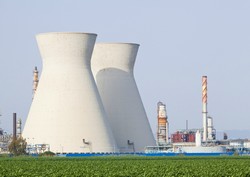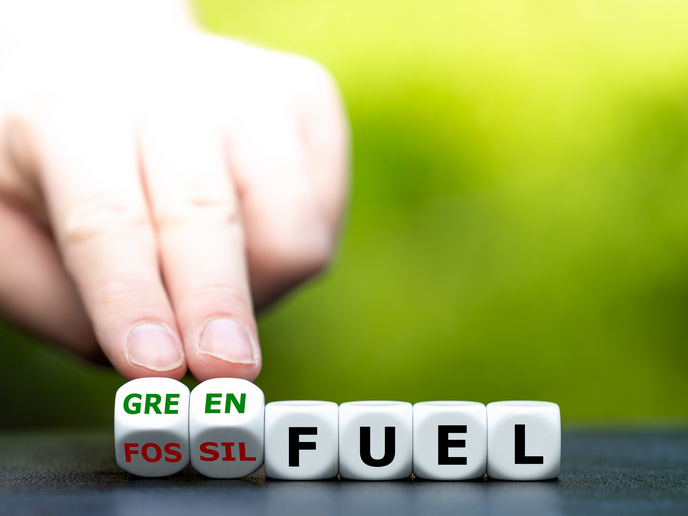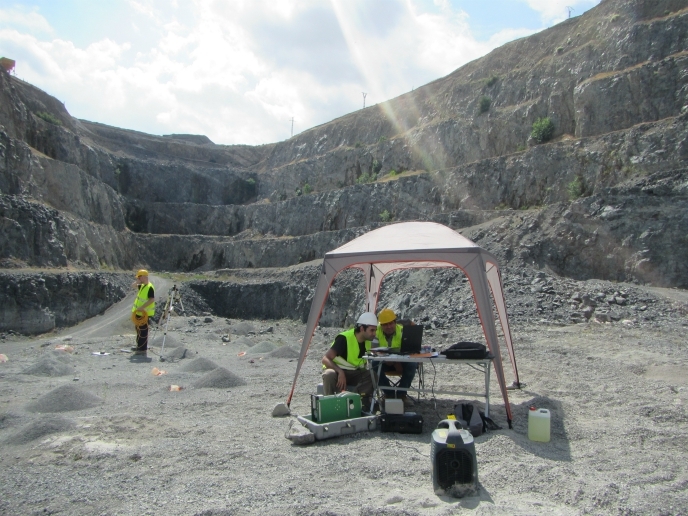The next generation of nuclear reactors
Gas-cooled fast reactors (GFRs) are judged to be the most likely alternatives to other so-called Generation IV (Gen IV) nuclear energy technologies in the coming decades. They exhibit tremendous potential and offer unique advantages as sustainable energy sources. Previous EU projects examined ALLEGRO, an experimental GFR demonstrator, and laid the groundwork for its future construction and operation in the Czech Republic, Hungary, Poland or Slovakia. The EU-funded ALLIANCE (Preparation of ALLEGRO - implementing advanced nuclear fuel cycle in central Europe) project has built on these outcomes in order to support the overall development of ALLEGRO. To this end, the project has compiled information on the feasibility of ALLEGRO's construction. Researchers have assessed the design based on Gen IV requirements and provided a series of documents on preliminary design, environmental impact, site identification and licensing issues. Project partners gathered all ALLEGRO outputs from former initiatives to determine their impact on design. They also developed a research and development (R&D) roadmap for ALLEGRO, including key existing R&D topics in various areas and additional information on the R&D actions needed for its operational phase. The consortium produced a report on the legal framework surrounding the demonstration reactor that concerns its role as a European research facility and eligibility for EU funding. Furthermore, several safety analysis reports were also prepared and national or regional initiatives supporting the development of GFR technology were mapped and highlighted. Researchers also defined the conditions for site selection and analysed specifications regarding licencing and the construction period based on the existing design of the reactor. Specifications were also drawn up for R&D activities and for the plant’s operational and decommissioning phases. A workshop was organised in Budapest to give an overview of the progress of the technical work conducted by each partner institute. In addition to the technical discussions and exchange of knowledge and experience the participants addressed the future role of ALLEGRO. ALLIANCE is therefore helping to realise the vision of a next-generation GFR in one of four central European countries during the next decade. Outcomes will help meet EU energy and climate targets.







